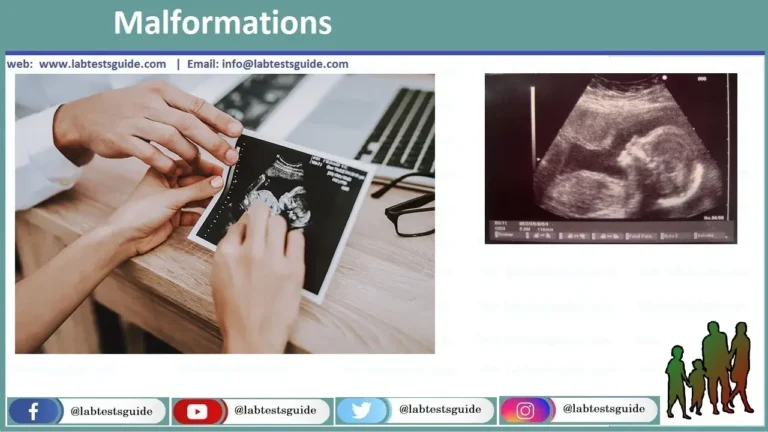Screening tests for young adults aged 19-29 can vary depending on individual health factors, family history, and risk factors. It’s essential for young adults to establish a baseline of health and engage in preventive care.

Here are some common screening tests and health recommendations for this age group:
- Blood Pressure Measurement: Regular blood pressure checks are essential to monitor for hypertension, which can be a risk factor for heart disease and stroke. Check at least every 2 years, or more often if you have risk factors.
- Cholesterol Check: Start cholesterol screening at age 20 and then at least every five years if results are normal. Elevated cholesterol levels can be a risk factor for heart disease.
- Blood Glucose Testing: Screening for diabetes should begin at age 18, especially if you have a family history of diabetes or other risk factors. Repeat every 3 years if results are normal.
- Skin Examination: Young adults should perform regular self-exams to monitor for any skin changes, such as moles that change in size, shape, or color. Skin cancer is becoming more common in young adults.
- Vision and Eye Health: Regular eye exams can help detect vision problems and eye diseases early. If you wear corrective lenses, you may need more frequent exams.
- Dental Checkups: Visit the dentist regularly for cleanings and checkups to maintain oral health and detect dental issues early.
- Vaccinations: Ensure that your immunizations are up-to-date, including booster shots if necessary. Common vaccines for young adults include flu shots, Tdap (tetanus, diphtheria, pertussis), HPV (human papillomavirus), and meningococcal vaccines.
- STD/STI Screening: If you are sexually active, consider regular screening for sexually transmitted infections (STIs) like chlamydia, gonorrhea, and HIV. The frequency of testing may depend on your sexual activity and risk factors.
- Pap Smear and Pelvic Exam (for Women): Starting at age 21, women should have regular Pap smears to screen for cervical cancer. The frequency may vary depending on age and previous results. Pelvic exams may also be recommended.
- Breast Health (for Women): Perform breast self-exams regularly and discuss mammograms with your healthcare provider. Mammograms typically begin at age 40, but women with a family history or other risk factors may need earlier screening.
- Testicular Exam (for Men): Men should perform regular self-exams of the testicles to check for any unusual lumps or changes.
- Bone Density Testing: If you have risk factors for osteoporosis or low bone density (such as a family history, low body weight, or smoking), discuss bone density testing with your healthcare provider.
- Mental Health Screening: Regular check-ins with a mental health professional are essential for maintaining emotional well-being. If you have symptoms of depression, anxiety, or other mental health concerns, seek help.
- Counseling and Guidance: Consider consulting with a healthcare provider for guidance on a healthy lifestyle, including diet, exercise, and substance use.
Remember that these recommendations can vary based on individual health and risk factors, so it’s essential to have open communication with a healthcare provider to create a personalized screening and preventive care plan tailored to your specific needs and circumstances. Additionally, lifestyle choices like maintaining a healthy diet, staying physically active, avoiding smoking and excessive alcohol consumption, and practicing safe sex are crucial for overall health and well-being in young adulthood.
Possible References Used



